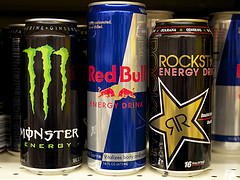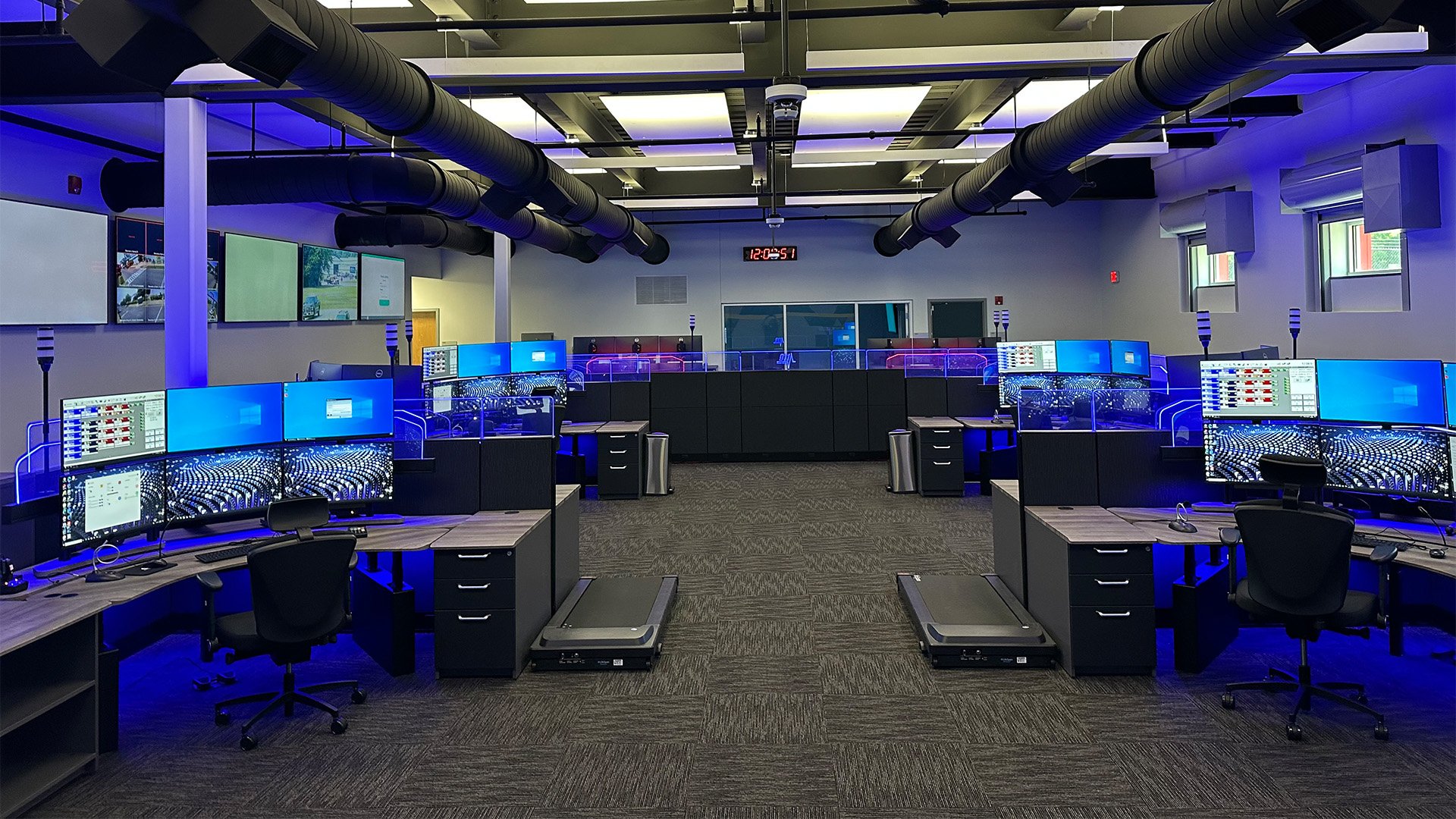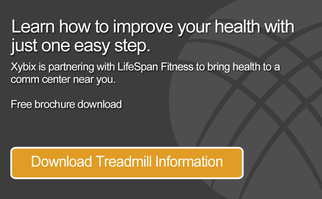 With the rigorous demands of a 911 dispatch job, the tedious, long hours and the sedentary work, it’s understandable that many dispatchers use caffeine as a mere means of survival. Let’s face it, the majority of the population leans on caffeine as a crutch to get through the work days and week! Whether it’s Starbucks, Dunkin' Donuts, Caribou Coffee, diet soda or energy drinks, caffeine is what we all crave.
With the rigorous demands of a 911 dispatch job, the tedious, long hours and the sedentary work, it’s understandable that many dispatchers use caffeine as a mere means of survival. Let’s face it, the majority of the population leans on caffeine as a crutch to get through the work days and week! Whether it’s Starbucks, Dunkin' Donuts, Caribou Coffee, diet soda or energy drinks, caffeine is what we all crave.
As a non-coffee drinker myself, I can still assure you that I too need that quick pick-me-up in the mornings or often before a long day. So, like many of you, instead of coffee, I reach for an energy drink (my favorite being BING). I know, I know…they’re bad for me right? But, how am I supposed to get my pick me up? I need it too! While there is a plethora of information on the web on the subject of energy drinks and your health, the goal of this blog is to present some general research on the topic for you to consider. After all, we are trying to bring better health to 911. With that being said, here is a bit more about energy drinks and caffeine for your and my consideration.
Facts about caffeine
- The average person drinks about 200 milligrams of caffeine a day.
- It is consumed by up to 90% of people in the world.
- Caffeine increases dopamine levels, similar to that of amphetamines and heroin.
- Been shown to improve our mood, enhance focus, and reduce appetite.
- Worsens conditions like insomnia, heartburn and anxiety.
Facts about energy drinks
- Because many energy drinks are also very high in sugar, they can eventually wear out the insulin producing cells of the pancreas, which leads to type 2 diabetes.
- Currently, the amount of caffeine added to energy drinks is not regulated by the FDA, so often the amounts listed (if they’re listed) are inaccurate.
- The University of Louisiana at Lafayette warns that the mental and physical effects of energy drinks (altered sleep patterns, arrhythmias) may be detrimental to workplace safety.
After all my research, I thought I would find several articles on negative effects of energy drinks, but what I’ve concluded is that like anything, energy drinks are to be used in moderation. Think of caffeine like a quick fix, (not to be sustained for an extended period), and I think most of us will certainly agree with that. So, before grabbing that daily
can of red bull from the gas station on your way to work, I urge you to consider making small changes to your diet, add in some exercise and get more sleep. You might be surprised at how much caffeine you really need.



